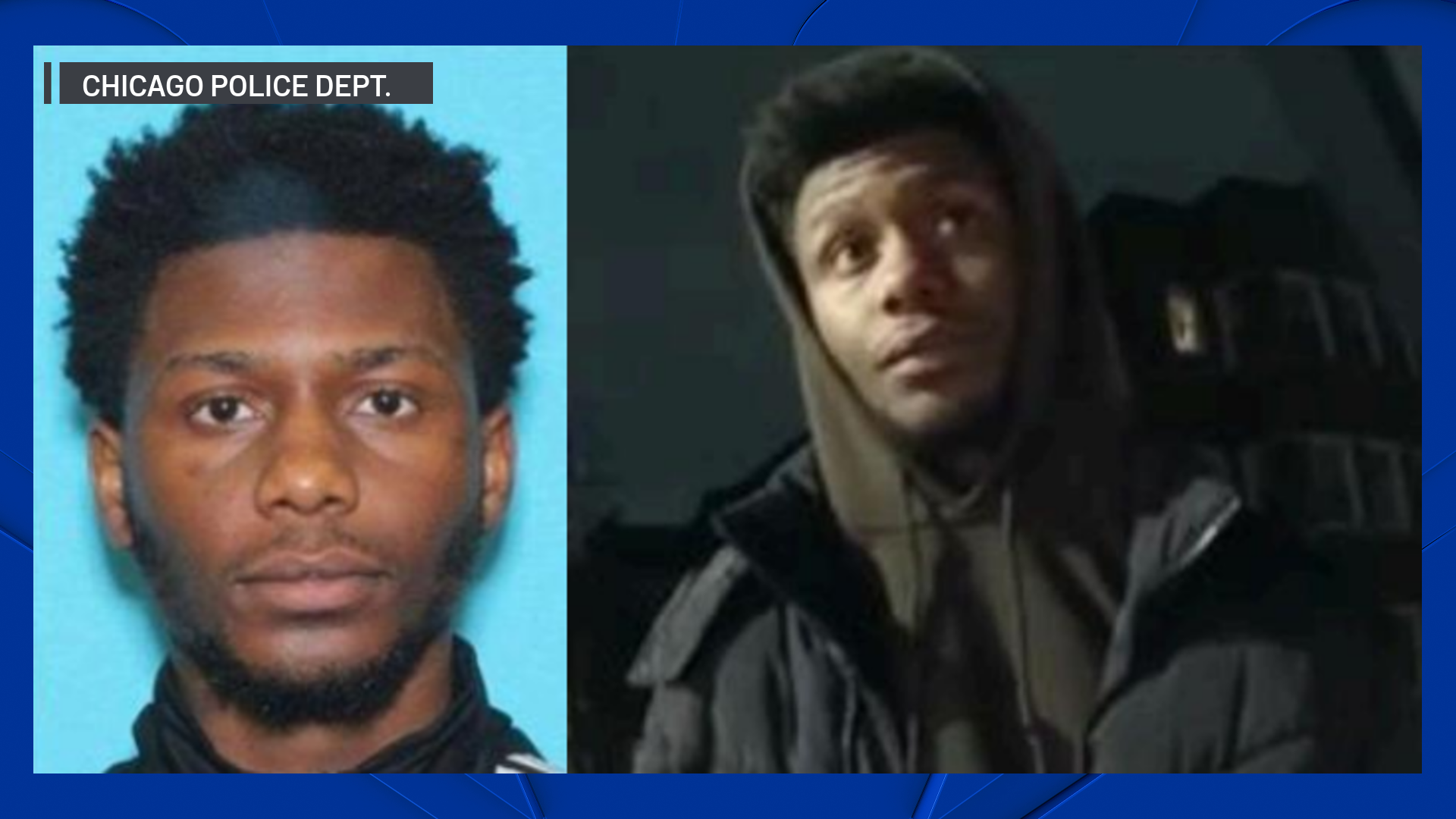WATCH: Watch Derek Chauvin's sentencing in the player above at 1:30 p.m.
Former Minneapolis police Officer Derek Chauvin faces sentencing Friday afternoon in the death of George Floyd, with a judge weighing on his anticipated prison term.
The sentencing hearing is set for 1:30 p.m. Friday and could run as long as two hours, where attorneys on both sides are expected to make brief arguments.
Victims or family members of victims can also make statements about how they've been affected, but none have said publicly that they will. Chauvin can talk if he wants, but it's not clear if he will.
Feeling out of the loop? We'll catch you up on the Chicago news you need to know. Sign up for the weekly Chicago Catch-Up newsletter here.
Chauvin, 45, was convicted in April of second-degree unintentional murder, third-degree murder and second-degree manslaughter for pressing his knee against Floyd’s neck for about 9 1/2 minutes as the Black man said he couldn’t breathe. It was an act captured on bystander video, which prompted protests around the world.
Under Minnesota statutes, Chauvin will be sentenced only on the most serious charge of second-degree murder. That's because all of the charges against him stem from one act, with one victim.
The max for that charge is 40 years, but legal experts have said there's no way he'll get that much. Case law dictates the practical maximum Chauvin could face is 30 years — double what the high end of state sentencing guidelines suggest. Anything above that risks being overturned on appeal.
Local
Of course, Judge Peter Cahill could sentence Chauvin to much less. Prosecutors have asked for 30 years, while defense attorney Eric Nelson is seeking probation.
Minnesota has sentencing guidelines that were created to establish consistent sentences that don't consider factors such as race or gender. For second-degree unintentional murder, the guideline range for someone with no criminal record goes from 10 years and eight months to up to 15 years. The presumptive sentence is in the middle, at 12 1/2 years.
Cahill last month agreed with prosecutors that aggravating factors in Floyd's death warrant going higher than the guidelines. The judge found that Chauvin abused his position of authority, treated Floyd with particular cruelty, and that the crime was seen by several children. He also wrote that Chauvin knew the restraint of Floyd was dangerous.
Joe Friedberg, a Minneapolis defense attorney who has been watching the case, agreed. He cited a U.S. Supreme Court case, Koon v. United States, in which the court said a judge could consider that a former police officer would likely spend much of his sentence in isolation for his own safety. Cahill might take the harder time into consideration to give Chauvin a little less, Friedberg said.
Cahill will look at arguments submitted by both sides, as well as victim impact statements, community impact statements, a pre-sentence investigation into Chauvin's past, and any statement Chauvin might make.
No matter what sentence Chauvin gets, in Minnesota it’s presumed that a defendant with good behavior will serve two-thirds in prison and the rest on supervised release, commonly known as parole.
That means if Chauvin is sentenced to 30 years, he would likely serve 20 behind bars, as long as he causes no problems in prison. Once on supervised release, he could be sent back to prison if he violates conditions of his parole.
Since his April conviction, Chauvin has been held at the state's only maximum security prison, in Oak Park Heights. That's unusual — people don't typically go to a prison while waiting for sentencing — but Chauvin is there for security reasons. He has been on “administrative segregation” for his safety and has been in a 10 foot-by-10 foot cell, away from the general population. He has meals brought to his room, and is allowed out for solitary exercise for an average of one hour a day.
It wasn't immediately clear where he would serve his time after he is sentenced. The Department of Corrections will place Chauvin after Cahill's formal sentencing order commits Chauvin to its custody.



